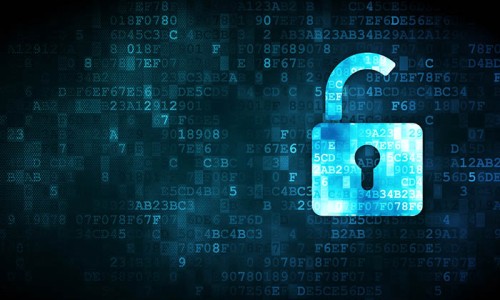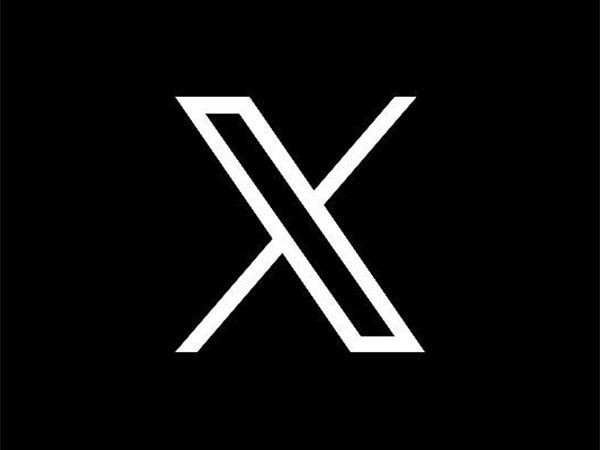





In a significant development, the Pakistani government has begun testing a national internet firewall modeled after China's system, aimed at tightening online surveillance and control over digital communications. The trials for this project commenced in mid-July 2024, with an estimated cost ranging from 20 to 30 billion rupees (approximately $72 million to $107 million) [e61e9aab].
This initiative has raised concerns among internet users, who have reported slowdowns and service disruptions, particularly affecting popular messaging platforms like WhatsApp. The government has denied that the firewall is responsible for these issues, attributing the disruptions to submarine cable faults and excessive use of virtual private networks (VPNs) [e61e9aab].
The firewall is designed to provide granular control over internet traffic, allowing authorities to block specific app features without the need to shut down entire platforms. This move comes amid ongoing political unrest in Pakistan, particularly following the arrest of former Prime Minister Imran Khan in August 2023, which has heightened tensions and scrutiny over government actions [e61e9aab].
Civil society organizations in Pakistan have previously expressed concern over increasing instances of internet shutdowns and social media platform blocking, arguing that these actions infringe upon freedom of expression and access to information, undermining political discourse [ea12e72d].
In 2024, Pakistan faced the highest financial losses globally from internet and social media outages, totaling $1.62 billion. Frequent internet shutdowns began in 2022 after Imran Khan's ouster, with 18 deliberate disruptions reported in 2024 alone, lasting a staggering 9,735 hours and affecting approximately 82.9 million users. These shutdowns were primarily attributed to elections, information control, and protests [91fca189].
Human rights activists have called for the repeal of laws enabling censorship and greater transparency in decision-making processes regarding internet governance. They emphasize that such actions have a direct impact on citizens' human rights, including the right to political participation [ea12e72d].
The Pakistan Telecommunication Authority (PTA) has faced criticism for its lack of transparency and accountability in blocking platforms and disrupting internet services. Information Minister Ataullah Tarar has stated that while he opposes censorship, there is a need to protect the state [b95b151f].
In light of these developments, Amnesty International and other human rights organizations have urged the Pakistani government to restore access to social media platforms like Twitter, which has been blocked since February 17, 2024. They argue that the blocking of platforms and the prolonged disruption of services illustrate a growing trend of digital censorship in Pakistan [0812b7f5].
Daniel Castro, Vice President of the Information Technology and Innovation Foundation (ITIF), has warned that internet restrictions may provide short-term political benefits but threaten long-term economic stability. He highlighted the economic costs of shutdowns, including the loss of talent and businesses, and urged the government to prioritize internet freedom for economic growth [babccd6c].
As Pakistan navigates these complex issues of internet governance, the implications of the new firewall and ongoing censorship efforts will likely continue to shape the landscape of digital rights and freedoms in the country [e61e9aab].